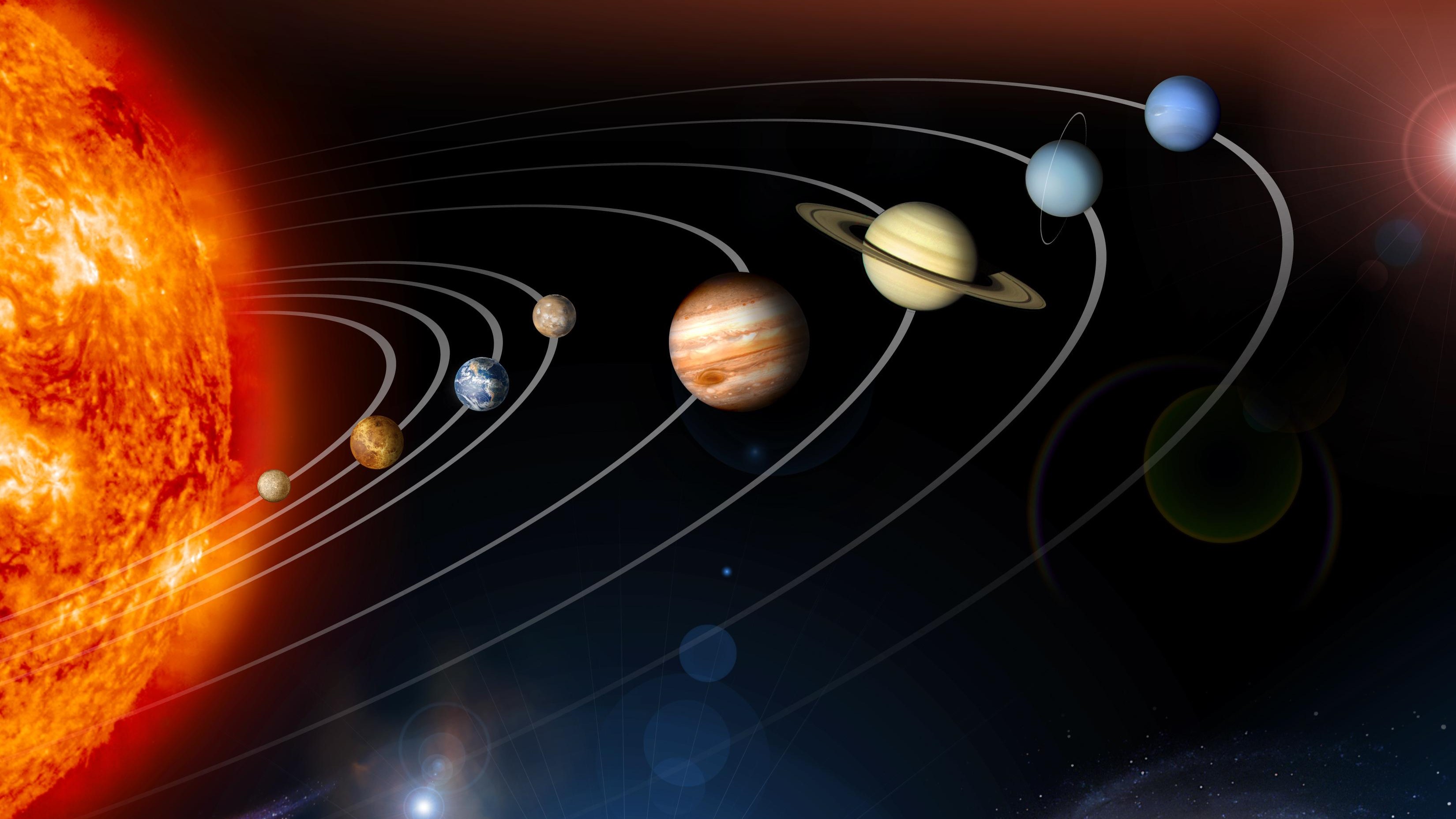3.2 Fundamental Forces: Understanding Gravity’s Dominance
Gravitational Forces: The Force That Shapes the Universe
Gravitational forces are exerted across all scales, but they dominate at the largest distances and mass scales. Gravity, often considered the weakest of the four fundamental forces, surprisingly reigns supreme in determining the structure of galaxies, planetary orbits, and the large-scale dynamics of the universe.

The Force of Gravity
The force of gravity—also known as weight—is expressed mathematically as:
Where:
- is the gravitational force (N),
- is the mass of the object (kg),
- is the acceleration due to gravity (m/s²).
This equation demonstrates that objects with larger masses experience a greater gravitational pull. For instance, the weight of a bowling ball is much higher than that of a feather because of its larger mass.
The Four Fundamental Forces
- The Strong Force: Binds particles in the nucleus of an atom, ensuring atomic stability.
- Electromagnetic Force: Governs interactions between charged particles, responsible for phenomena like electricity and magnetism.
- The Electroweak Force: Responsible for certain types of particle decay.
- Gravity: The attraction between any two objects with mass or energy.
In AP Physics 1, the focus is on gravity and, to a limited extent, the strong force.
Key Insight: The Strong Force
The strong force operates at a very short range, binding protons and neutrons in the atomic nucleus. However, as particles move farther apart, the strength of the strong force diminishes rapidly, effectively becoming negligible outside the nucleus.
Why Gravity Dominates
Gravity’s dominance at the largest distances and mass scales can be attributed to two unique properties:
- Infinite Range: Gravity acts across vast distances without diminishing to zero.
- No Negative Mass: Unlike electromagnetic forces, which can cancel out due to positive and negative charges, gravity only has one “type”—it always attracts.
Gravitational Domination at Large Scales
Astronomical Scales
On astronomical scales, gravity surpasses the strong, weak, and electromagnetic forces due to its long-range nature. For instance:
- The gravitational force between the Earth and the Sun keeps our planet in orbit, even at a distance of 93 million miles.
- The strong force, in contrast, decreases exponentially with distance, making it insignificant over large separations.
Galactic Scales
At the largest mass scales, gravity holds galaxies together. Stars, planets, and other celestial bodies remain in orbit around the galactic center of mass due to gravitational attraction.

Gravity and Distance
The strength of the gravitational force between two objects is inversely proportional to the square of the distance between them:
Examples of Gravitational Behavior:
- Double the distance: The gravitational force decreases to one-fourth of its original value.
- Triple the distance: The gravitational force decreases to one-ninth of its original value.
This slow decrease ensures gravity’s influence over vast distances.
Why Other Forces Don’t Dominate
Short-Range Forces
Forces like the strong force decrease exponentially with distance. While the strong force is immensely powerful within atomic nuclei, its influence rapidly diminishes outside of this range.
Electromagnetic Forces
Electromagnetic forces can cancel out due to the presence of positive and negative charges, reducing their net effect over large distances.
Key Takeaways
- Gravity’s Strength is Proportional to Mass: Larger masses exert greater gravitational forces.
- Gravity’s Range is Infinite: Its influence extends across vast distances, unlike short-range forces.
- Gravitational Domination: Gravity governs the motion of celestial bodies and the structure of galaxies.
For AP Physics 1, understanding gravity’s unique properties and its equations is crucial for mastering large-scale physics concepts.







